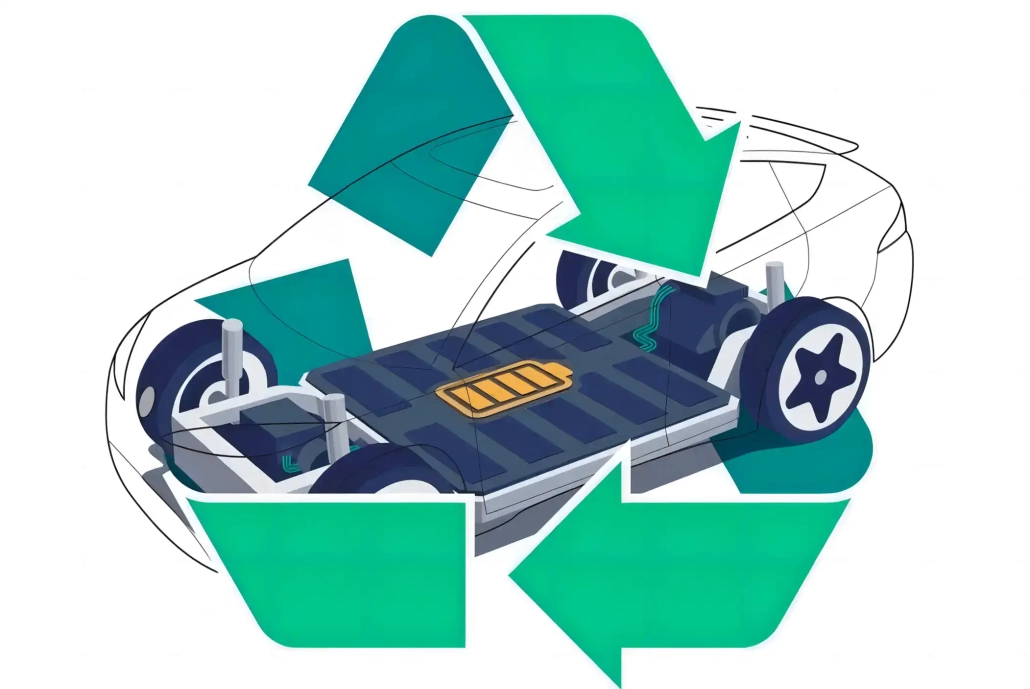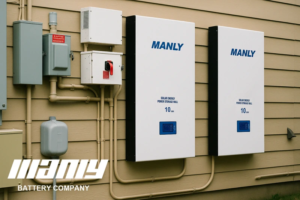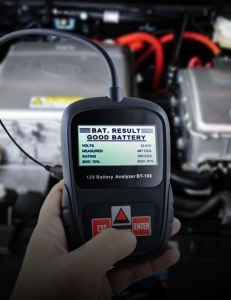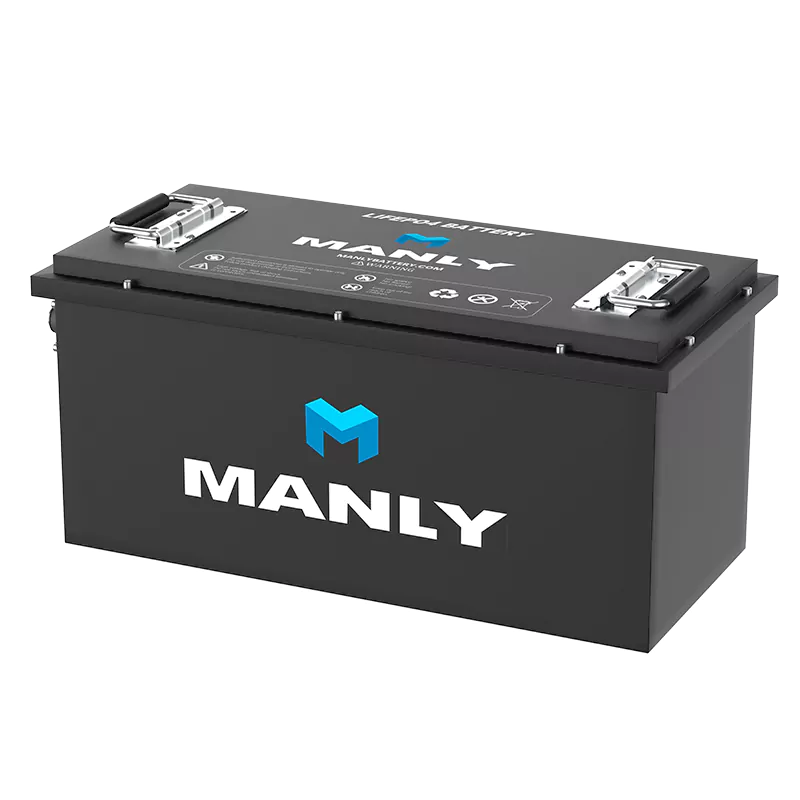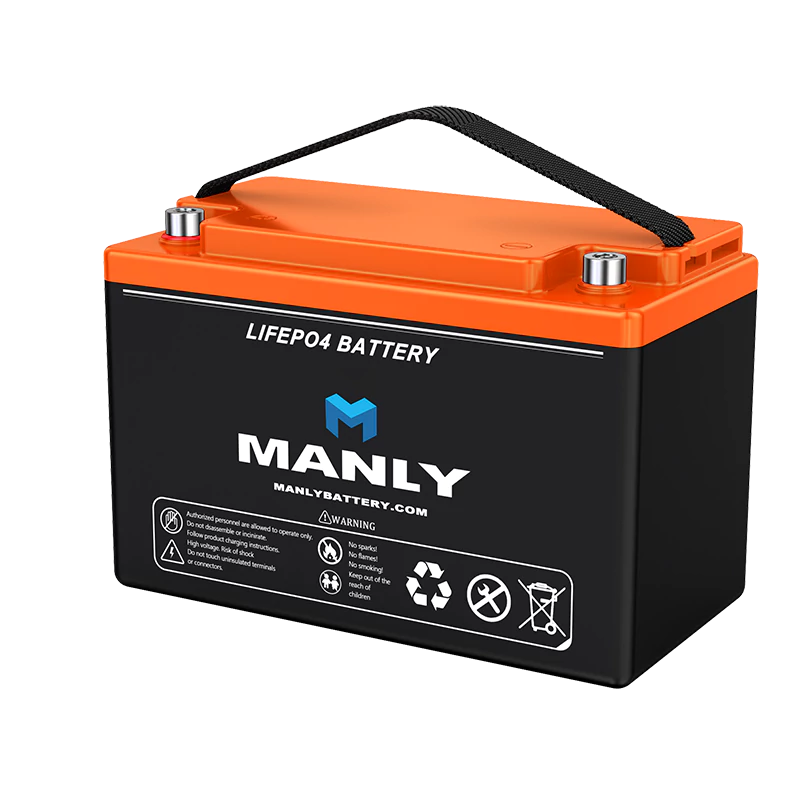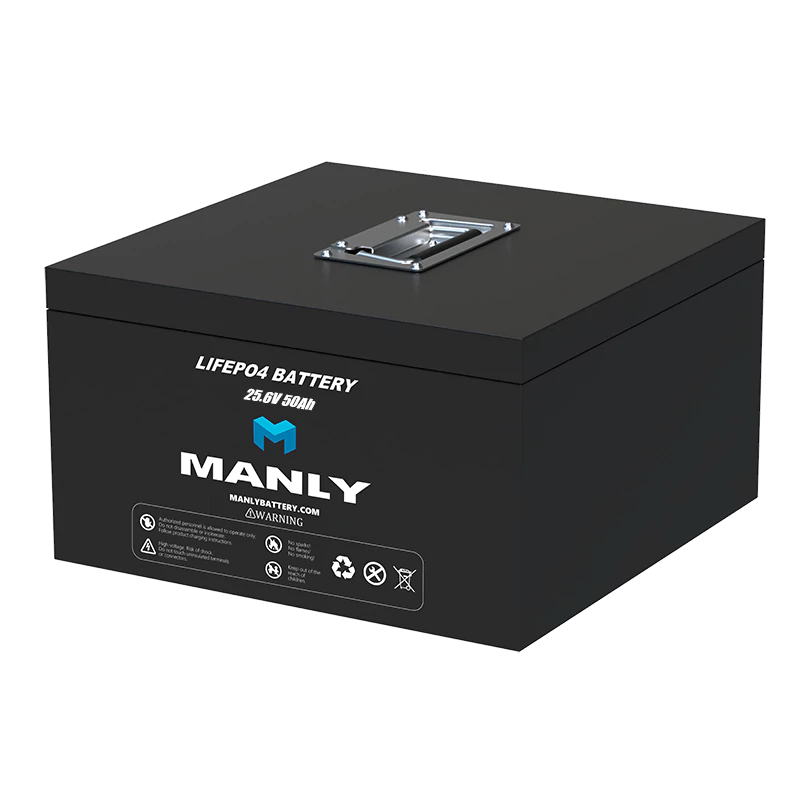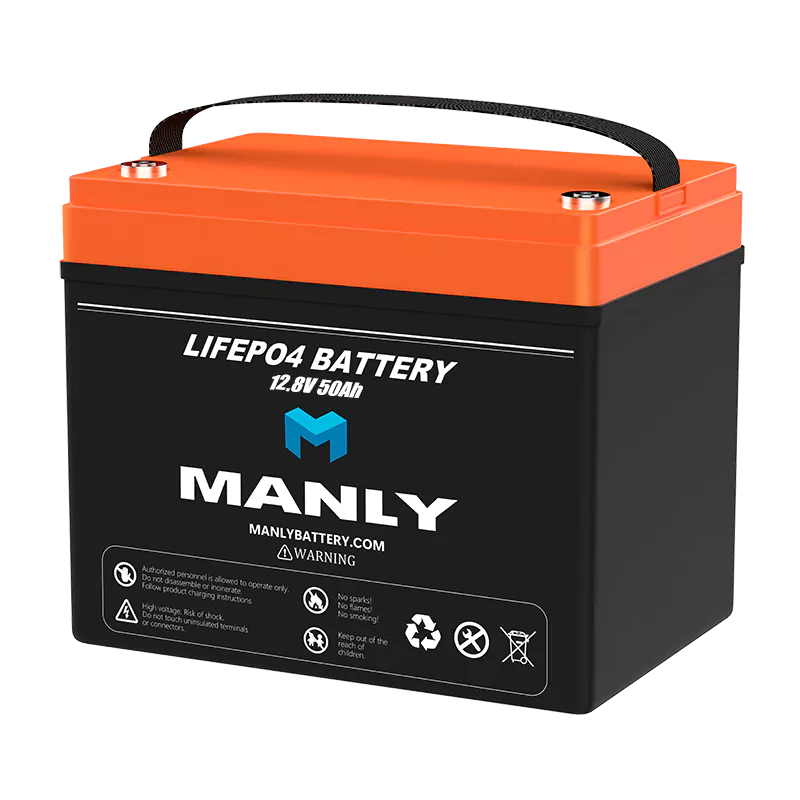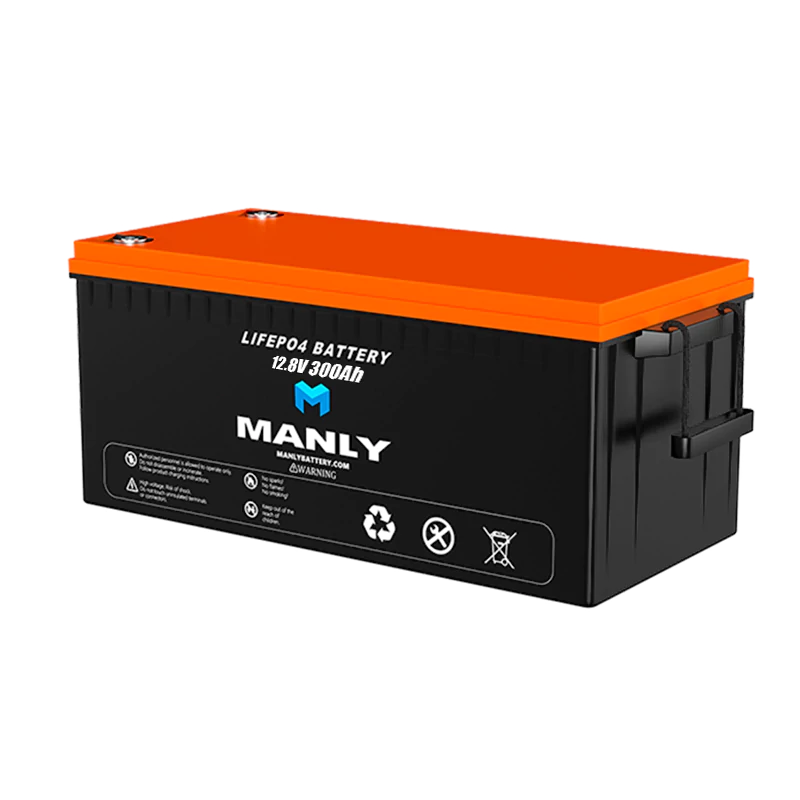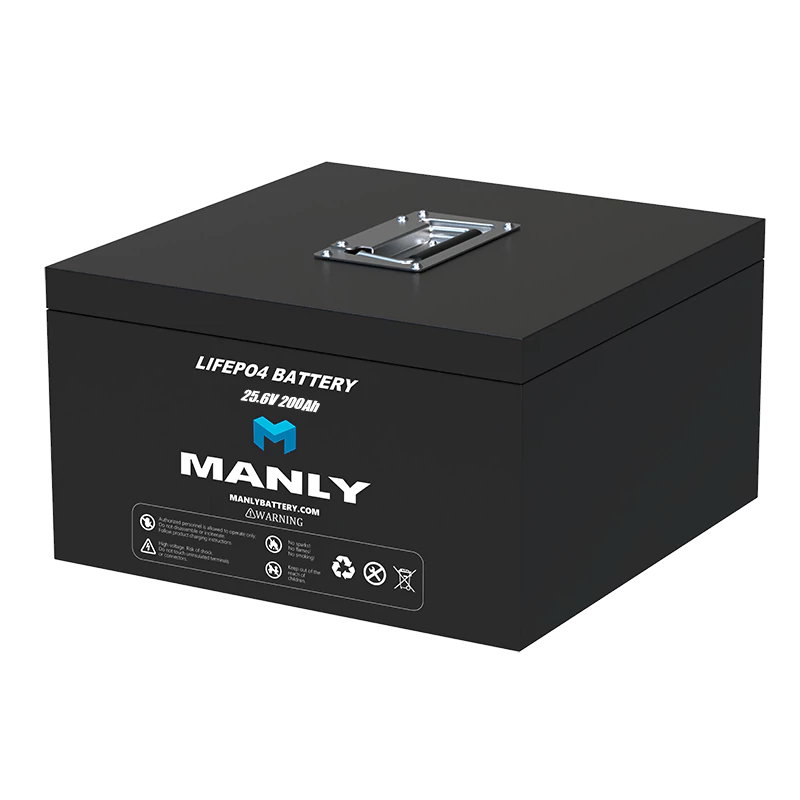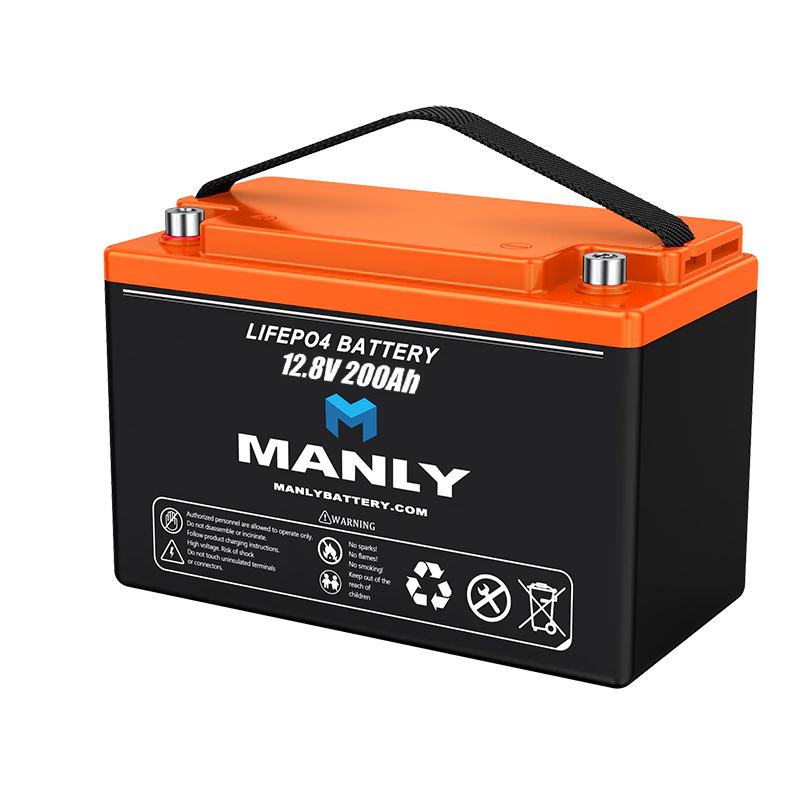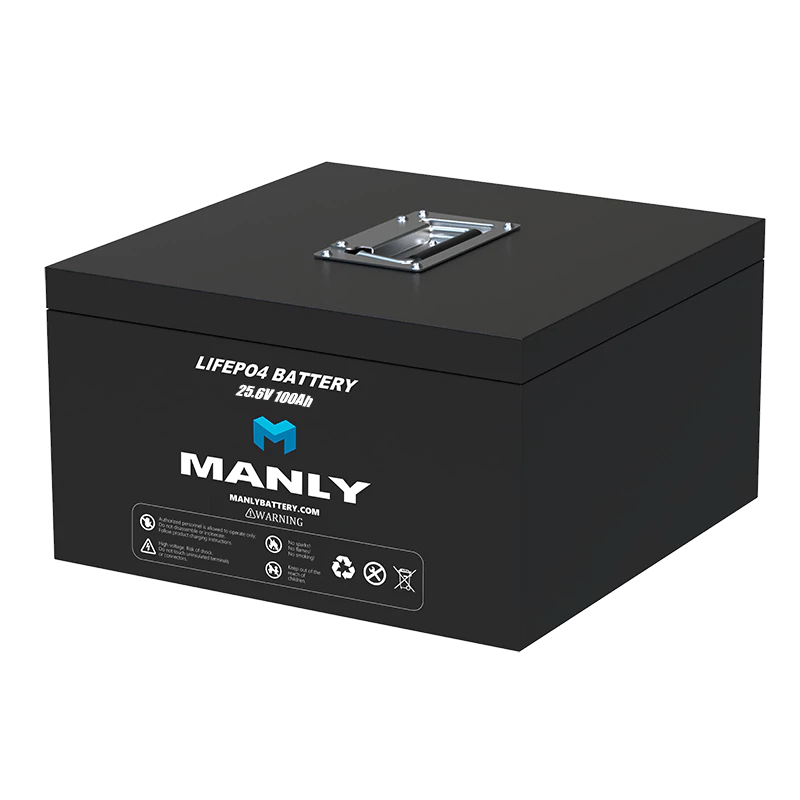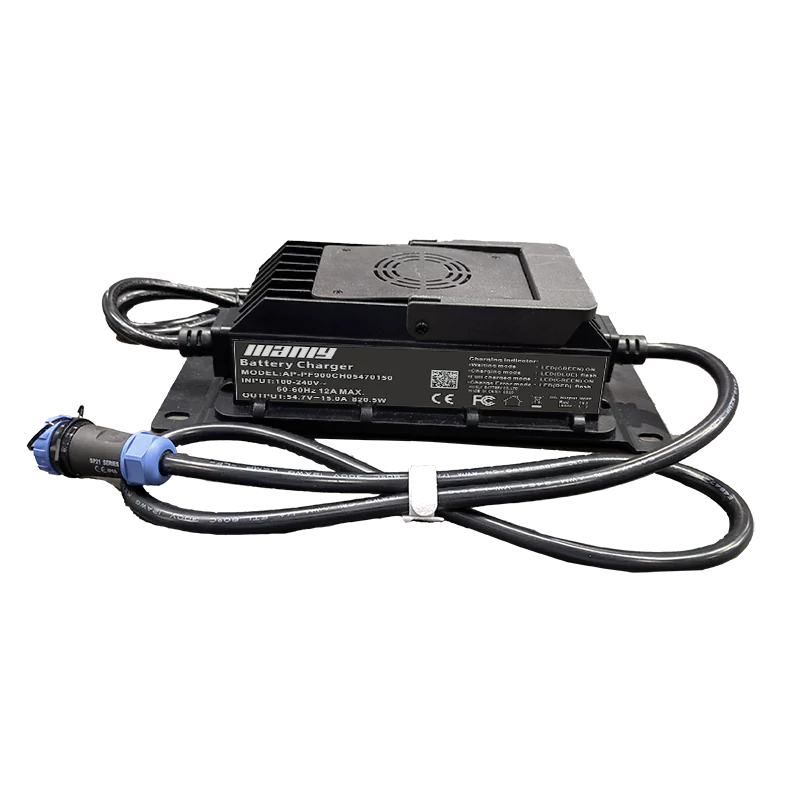EV Battery Recycling Market Growth
Table of Contents
The Importance of Battery Recycling
By the end of 2023, China had 20.41 million electric vehicles. As more EVs hit the road, battery recycle efforts are growing each year. When an EV battery's capacity falls below 70-80%, it needs to be replaced. Last year, the number of retired batteries increased by over 140%, marking a new growth phase for the battery recycle industry.After recycling, batteries are reused based on their remaining capacity. If a battery has 60-80% capacity left, it can be used in electric forklifts, two-wheel electric vehicles, and large energy storage stations. Batteries with 20-60% capacity are suitable for small energy storage stations, telecom base stations, and solar energy storage systems. Batteries with less than 20% capacity are dismantled to extract valuable metals for reuse.This process helps recover precious resources like lithium, nickel, cobalt, and manganese. Enhanced battery recycle efforts can meet 20% of China's lithium needs, 11% of nickel, and 25% of cobalt for new EVs each year, reducing dependence on imported raw materials.